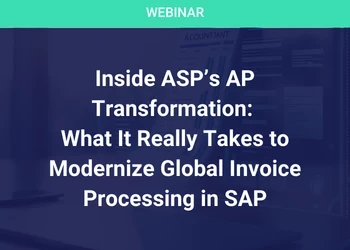
M&A deals have been more prevalent in last few years. With increased globalization, companies are seeing the need to acquire niche capabilities, and new ventures are being setup, scaled, sold and turned around. Venture Capitalists have been very active and are involved in funding and taking ownership of firms.
Those who are active in the M&A space will vouch that the risks of failure are high, especially if organizational, cultural, people and capability factors are not addressed appropriately.
Time Consuming: Due Diligence
The average duration of an M&A deal from announcement to full integration is between 15-20 months. There are several reasons for the long timeframe. These range from time taken for due diligence and data extraction; to mapping a complex and disparate IT landscape; to high volumes of contracts and vendor dependencies.
One of the areas that need lot of focus during M&A is contracting. Each firm generally has dozens to hundreds of contracts with their vendors across services, software, hardware, facilities etc. Until recently, the only way to assess the impact of contracts and their liabilities was to manually review thousands of agreements and analyse terms and conditions.
This means having an army of consultants/resources/lawyers with huge spend.
The importance of contract analysis during M&A cannot be underestimated. The last thing you want to do before concluding a deal is miss out on critical contractual obligations and impact.
How Cognitive Technologies Can Assist During M&A
Advances in cognitive technologies will enable rapid M&A transactions. The new technologies can help in the following ways:
Pre Deal - Contracts Due Diligence
- Allow rapid extraction of key contractual provisions by reviewing hundreds of contract documents
- Bring speed and delivery to processing of large sets of contract documents. After initial data mapping, these tools can facilitate the extraction of information from contracts in a fast and consistent manner
- Ability to perform enhanced search capabilities to search for data often hidden in large complex agreements
- Risk Assessment: Analyse the impact of important clauses like liabilities, termination rights etc.
This allows the rapid assessment of contracts through better search and extraction features and hence equips M&A experts with ammunition to negotiate and make decisions.
Post Deal Vendor and Contract Synergies
- Analyse contracts by extraction of key contractual provisions to identify areas of synergies between two companies. (e.g. consolidation of licenses, leverage technology from each other’s contract)
- Vendor Relationship: Improve customer vendor relationships by analysing contracts on various aspects like SLA’s, pricing, spend and other key clauses
- Best Practices: Pick best contractual practices from each other's contracts by searching and comparing contracts, and incorporate best practices in a post-merger scenario
Clients can save resources, time and effort during M&A activity by using technology to get more accurate information, faster.
In addition, it also helps client avoid risks by capturing hidden information.
The way companies perform M&A is going to change a lot with the use of advanced technology.

























